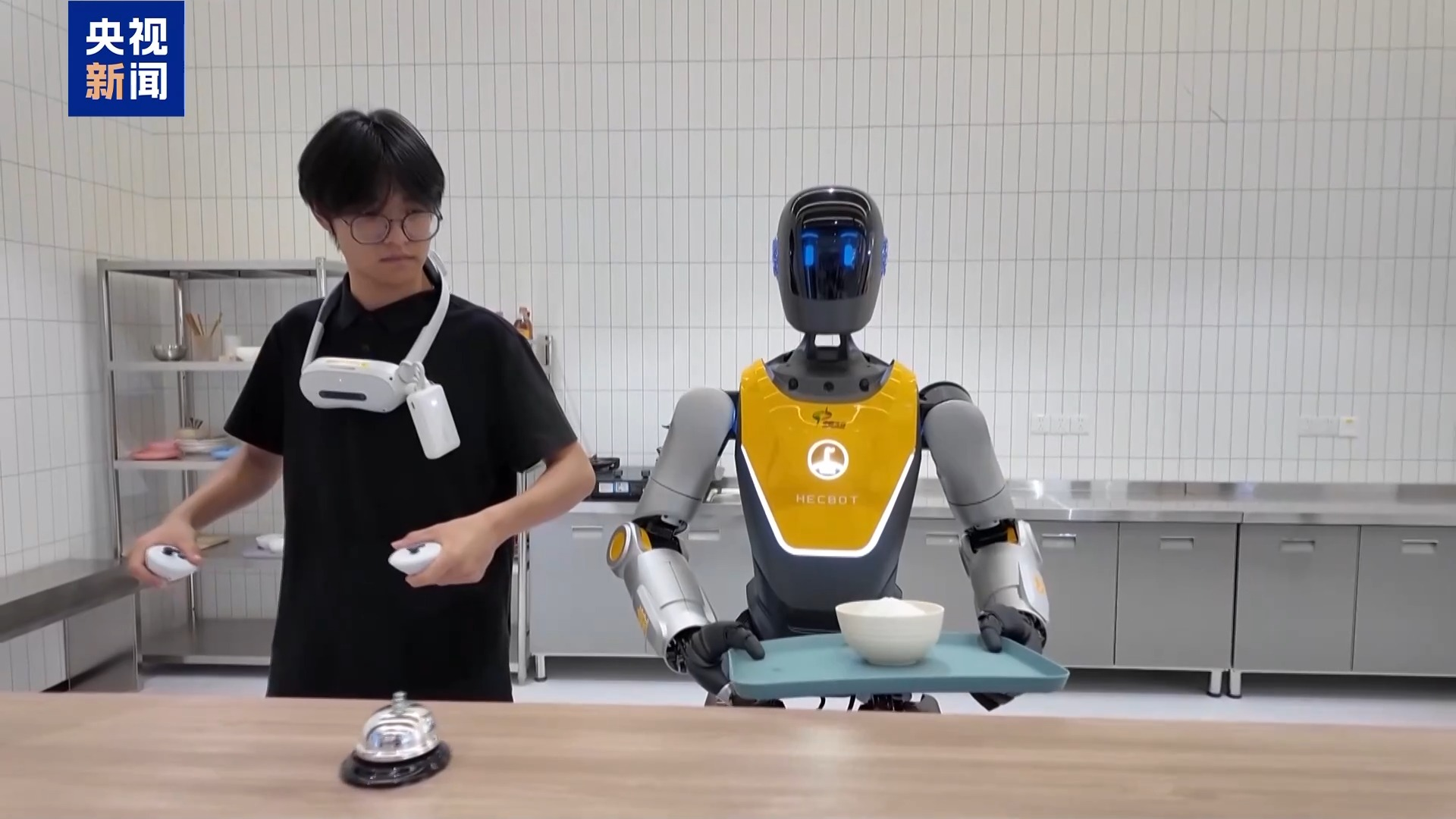
A special robot show is happening in Beijing! It’s all about “nanny robots” —kind helpers for families.
These robots do many things. They play games with children, tell stories, and help grandparents stand up safely.
Safety is key! Robots use cameras and sensors (传感器) to watch over children playing or grandparents resting. If someone might fall, they warn gently.
Before chores, some robots give a confident OK sign! They tidy toys for kids, prepare medicine for elders, and remind everyone to drink water.
But these robots don’t replace (取代) people. They’re friendly helpers making life safer, easier, and happier for all ages!
Would you like a caring robot at home?
1.1. Whom do the nanny robots mainly help?
A Families.
B Hospitals.
C Schools.
D
解析:选A。A 细节理解题。文章首段明确说明机器人是“kind helpers for families”(家庭的帮手)。故选A。
2.2. How do robots prevent (预防) accidents?
A Use cameras and sensors.
B Call doctors immediately.
C Hold people’s hands.
D
解析:选A。A 细节理解题。第二段指出机器人通过“cameras and sensors to watch over”(摄像头和传感器监控)保障安全,并在危险时发出警告,而非直接呼叫医生或肢体接触。故选A。
3.3. What do some robots do BEFORE starting chore?
A Play a game.
B Give an OK sign.
C Tell a story.
D
解析:选B。B 细节理解题。第三段开头提到有些机器人工作前会“Before chores, some robots give a confident OK sign”比个OK手势,这是其标志性动作;其他选项是娱乐功能。故选B。
4.4. Do robots replace family members?
A Yes, they do.
B Only for children.
C No, they are helpers.
D
解析:选C。C 细节理解题。末段强调“they don’t replace people”(不取代人类),定位为“friendly helpers”(友好助手),明确其辅助角色。故选C。